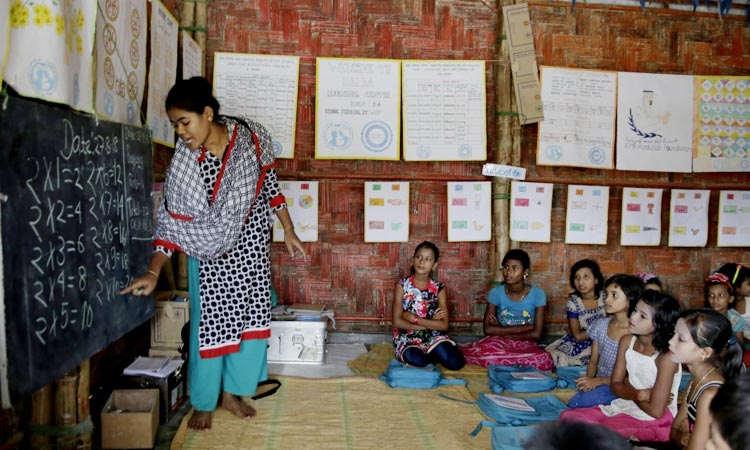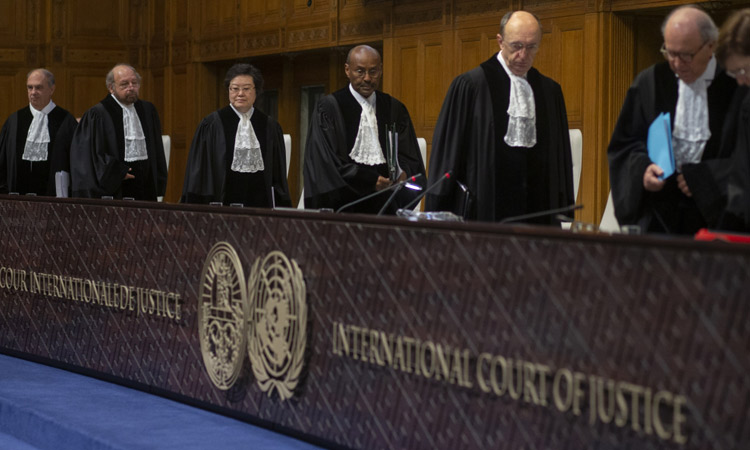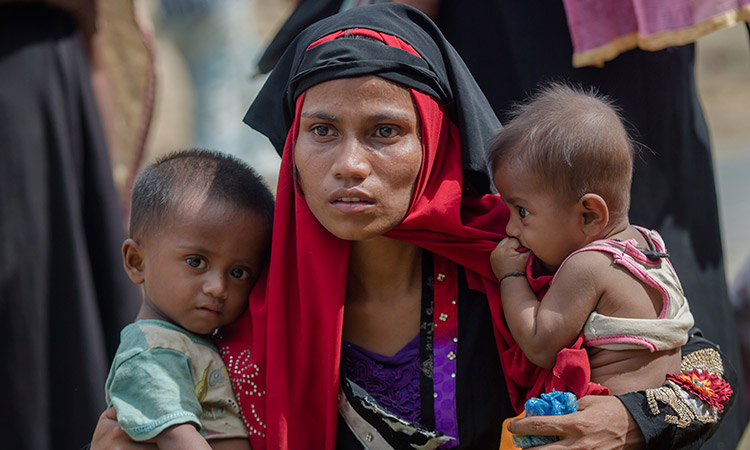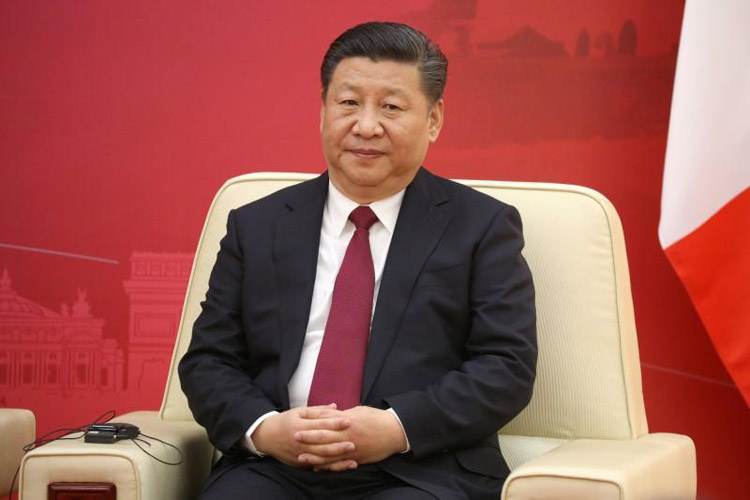Action needed to end Rohingya suffering
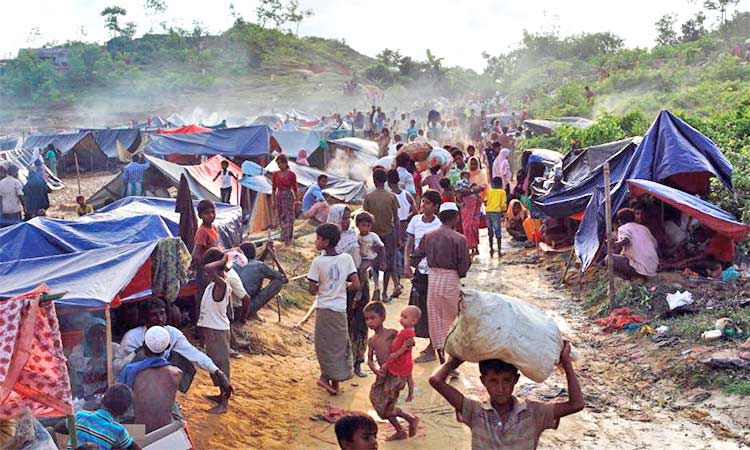
The International Court of Justice should step in urgently and order measures to stop Myanmar’s genocidal conduct immediately.
The International Court of Justice should step in urgently and order measures to stop Myanmar’s genocidal conduct immediately.
Both Gambia and Myanmar are signatories to the 1948 Genocide Convention, which not only prohibits states from committing genocide but also compels all signatory states to prevent and punish the crime of genocide.
Gambia’s justice minister and attorney general, Abubacarr Marie Tambadou, has made it clear that he wants to “send a clear message to Myanmar and to the rest of the international community that the world must not stand by and do nothing in the face of terrible atrocities that are occurring around us. It is a shame for our generation that we do nothing while genocide is unfolding right before our own eyes.”
Myanmar’s military began a harsh counterinsurgency campaign against the Rohingya in August 2017. More than 700,000 Rohingya Muslims were forced to flee to neighbouring Bangladesh to escape what has been called an ethnic cleansing campaign involving mass rapes, killings and the torching of homes.
The head of a UN fact-finding mission on Myanmar also warned last month that there is a serious risk of genocide recurring.
The case filed at the International Court of Justice, also known as the world court, has outlined clearly that Myanmar’s campaign against the Rohingya, which includes “killing, causing serious bodily and mental harm, inflicting conditions that are calculated to bring about physical destruction, imposing measures to prevent births, and forcible transfers, are genocidal in character because they are intended to destroy the Rohingya group in whole or in part.”
An Independent International Fact-Finding Mission on Myanmar had made it abundantly clear in a report wrapping up two years of documentation of human rights violations by security forces that counterinsurgency operations against Rohingya in 2017 included genocidal acts.
The Rohingya still inside Myanmar are living in deplorable conditions and facing persecution.
Compounding the problems, the repatriation of a million Rohingya already driven from the country by the army remains impossible.
The Rohingya are denied citizenship in Buddhist-majority Myanmar and are accused of being illegal immigrants from neighbouring Bangladesh.
Bangladesh and Myanmar signed a repatriation deal two years ago.
It is not surprising that none of the thousands of Rohingya Muslims living in crowded refugee camps in Bangladesh turned up for a planned repatriation to Myanmar recently.
The horrific actions of violence and ethnic cleansing by Myanmar military have left the Rohingya horror-struck. They are genuinely gripped by fear.
Rohingya Muslims have long demanded that Myanmar give them citizenship, safety and their own land and homes they left behind.
Many refugees say that they want to go back under direct UN supervision, not under the Myanmar government. Such a demand is justified, considering how Myanmar has treated the victims.
Other legal attempts to bring Myanmar to justice over allegations of crimes against the Rohingya have so far stalled.
Param-Preet Singh, associate international justice director at Human Rights Watch, has rightly called the case filed by Gambia a “game changer” and called on other states to support it.
The world court ordering provisional measures could help stop the worst ongoing abuses against the Rohingya in Myanmar, as she points out.
